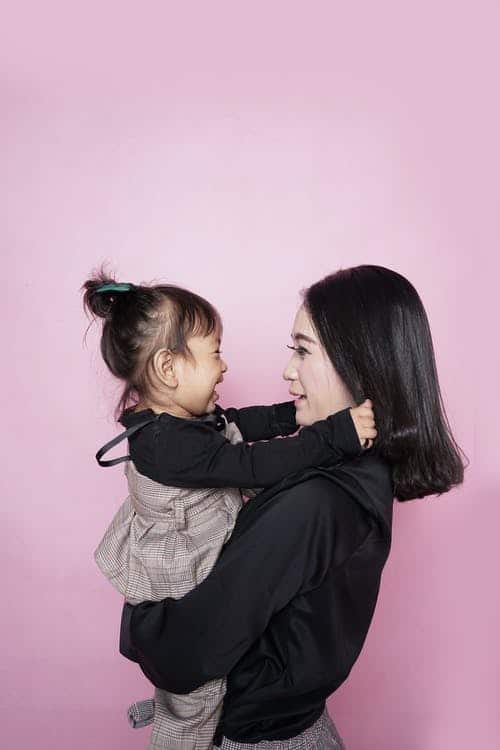As your child grows up, there are many stages of development to look forward to, like walking, talking, and when your child starts playing with other children. These stages of development come at different times for each child and happens as a natural progression of growth.
As a parent, it can be hard to patiently wait while your child figures out how to communicate through speaking. Sometimes toddlers take more time to understand the ins and outs of the language, and how to replicate the speech patterns of their caregivers. Learning a language is a big deal and requires consistency and patience on your part! Here are some tips to consider .
1. Look for Talking Opportunities
There are so many opportunities every day to encourage your child to talk. These opportunities usually present themselves when your child wants something or when your child is experiencing an emotion such as happiness, excitement, or even frustration. When these opportunities arise, show your child what to say by modeling language.
As an example, if your toddler starts to point at a specific toy they want to play with, say “I want the pink bunny. Can I have the pink bunny?” This will prove as an example for them to replicate when they want the toy again. This will also help them understand that they can use their words to ask for things.
2. Use Language as Much as Possible
In the process of language development, it’s important to utilize language in a variety of ways. You can do this by narrating what you are doing or asking your toddler questions and answering them yourself. The more you talk with your child, the easier it will be for them to learn.
As an example, talk about your day and what you are currently doing. Try to use simple sentences. Give your toddler a chance to hear how you express yourself. You can narrate what your child may be thinking, feeling, and doing. “I’m about to eat lunch. I love fish crackers.”
3. Read Together
Not only does reading together get your child used to hearing words being strung into sentences, but it also jumpstarts cognition, the mental process of understanding through thought and experience. Reading is perhaps one of the best ways to encourage language development, as it expands your child’s vocabulary and gives them a chance to hear you say these words.
4. Expand Language Skills Gradually
Your child is not going to understand big phrases and complicated words. While it’s important to avoid skipping ahead to more complicated language, it’s also important to refrain from going backward. Aim to increase your child’s vocabulary gradually and at a level they seem comfortable with.
An example of how to do this is by making the words or sentences they say bigger. Your child will probably only be able to say a few words, so take this opportunity to expand them. If your child says “car,” then you say, “Yes, a big, red car.” Take what your toddler is saying and make it bigger so that they can easily imitate it while also understanding the context.
“In the process of language development, it’s important to utilize language in a variety of ways.”
5. Name Items Around the House and in Public
It’s common for children to point to items they want to play with. When they do this, take the opportunity to interpret and narrate for them. That way, they will start to recognize the words and names associated with each item. As an example, if your toddler points to a ball, you can say, “Ball. Do you want the ball?” This encourages them to say the words the next time they want something.
6. Remember to Give Your Child a Chance to Communicate with you
Due to our knowledge of language, it can be easy to take over situations involving how to get your child to talk. However, it’s crucial we give our kids the chance to speak and develop on their own before trying to interfere. This is also essential for communication skills later.
As an example, the next time you give your toddler a juice box, don’t open it for them. When they look to you like they need something, say, “Do you need help opening the juice box?” and wait for them to hand it to you. Even if they aren’t saying anything, this is great for developing a strong sense of communication skills.
7. Refrain From Baby Talk
As parents, we think it’s adorable when our child does not pronounce a word correctly or uses it incorrectly in a sentence. However, leave the mispronunciation to them. By providing them with the correct words and pronunciations, you’re setting them up for success later. It can be helpful to gently correct your child when they make errors by repeating the correct term in a sentence. This encourages them to continue using their words the right way.
Need More Help?
If you are based in the Vancouver BC area and feel you need assistance in helping your child develop language skills or if you are concerned that your child is not meeting their speech and language milestones, get in touch with Arbutus Speech Therapy or book a free consultation here.

